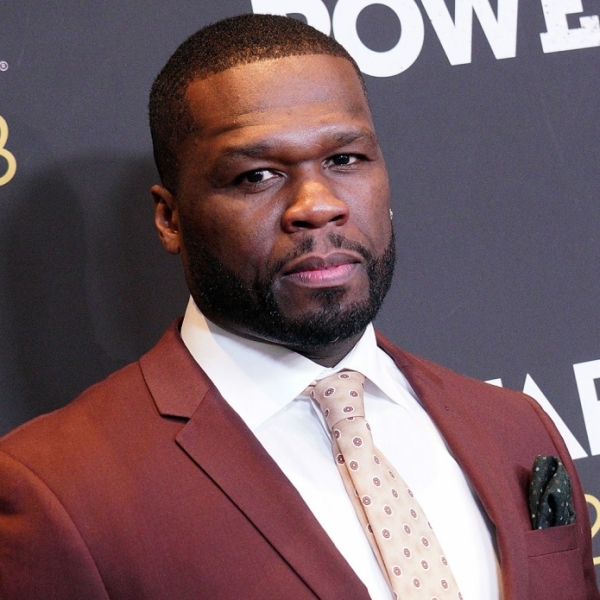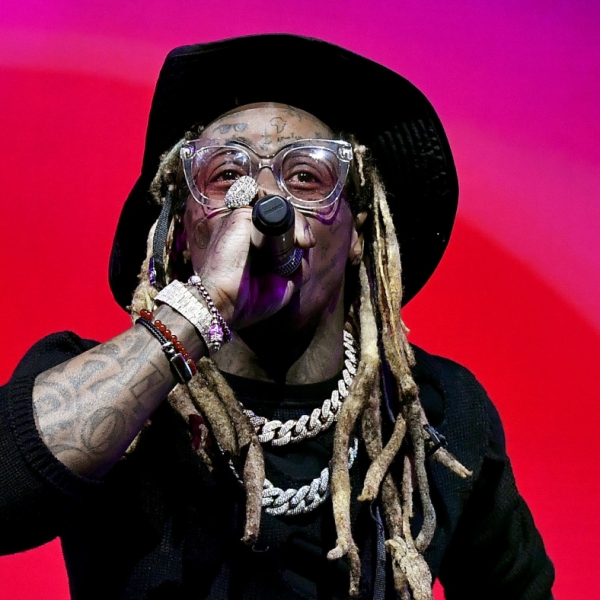Sport Illicit Streaming Poses Major Financial Threat to Sports Media Industry, Urges Greater Collaboration

Illicit Streaming Poses Major Financial Threat to Sports Media Industry, Urges Greater Collaboration
According to Barney Francis, the Executive Vice President of Studios at IMG, illicit streaming has become the most significant financial threat ever faced by the sports media industry. He is calling for increased cooperation within the industry to address the rampant issue of piracy.
Speaking in response to a new research report by Enders Analysis, Francis emphasised the need for collective action across the sector and referred to the French sports market as a cautionary tale. He highlighted issues related to piracy affecting Ligue 1 and DAZN as a concerning example.
The Enders Analysis report criticizes major tech companies like Amazon, Google, Meta, and Microsoft for their ‘ambivalence and inertia,’ stating that this inaction is harming broadcasters’ revenues and putting consumers at risk of cyber-crime. The report also pointed to the ‘continued depreciation’ of digital rights management (DRM) tools from these tech firms, attributing weakened security levels to a lack of maintenance in their systems. Moreover, the researchers identified the Amazon Fire Stick as a ‘piracy enabler.’
In an interview with the BBC’s World Business Report, Francis remarked that illicit streaming through modified Amazon Fire Sticks has evolved from a lighthearted mention in pubs 15 years ago into a widespread issue today. He expressed concern that it has become a cultural norm and urged the entire industry to collectively address this significant financial threat.
He referred to the situation in France, where rampant piracy has significantly impacted Ligue 1 and DAZN, mentioning that DAZN withheld payments earlier this year due to the French football governing body LFP’s insufficient efforts against piracy. DAZN subsequently terminated its contract with Ligue 1 after just one season.
Francis stated, ‘It is organised crime, as the report suggests, and the conclusion is that only the big tech companies around the world can provide the necessary protection moving forward.’ He explained that IMG’s clients—sports federations and leagues—aim to maximise revenue from media rights, but piracy undermines that value, leading to price increases to offset losses from customer churn, which ultimately reduces investment in the sport itself.
‘The consequence of that will be less investment in players, athletes, and performers on the field, which means fans will see lower-quality players because clubs can’t afford them due to declining revenues from media,’ he said.
When asked whether direct-to-consumer streaming could be a potential solution, Francis acknowledged that while leagues can pursue this route, it carries risks. For instance, in the Premier League, guaranteed multi-year media revenues provide financial stability for clubs, but going direct to consumers jeopardises those revenue guarantees.
Francis is not alone in calling for action from major technology companies. La Liga president Javier Tebas has also long advocated for measures to combat piracy, recently describing companies like Google and Cloudflare as accomplices in the theft of intellectual property from the Spanish football league.
Additionally, Nick Herm, Chief Operating Officer of Sky Group, emphasised in a BBC article about the Enders report the need for quicker, coordinated action from major tech platforms and the government to address this issue and protect the UK’s creative industries.
What to read next







